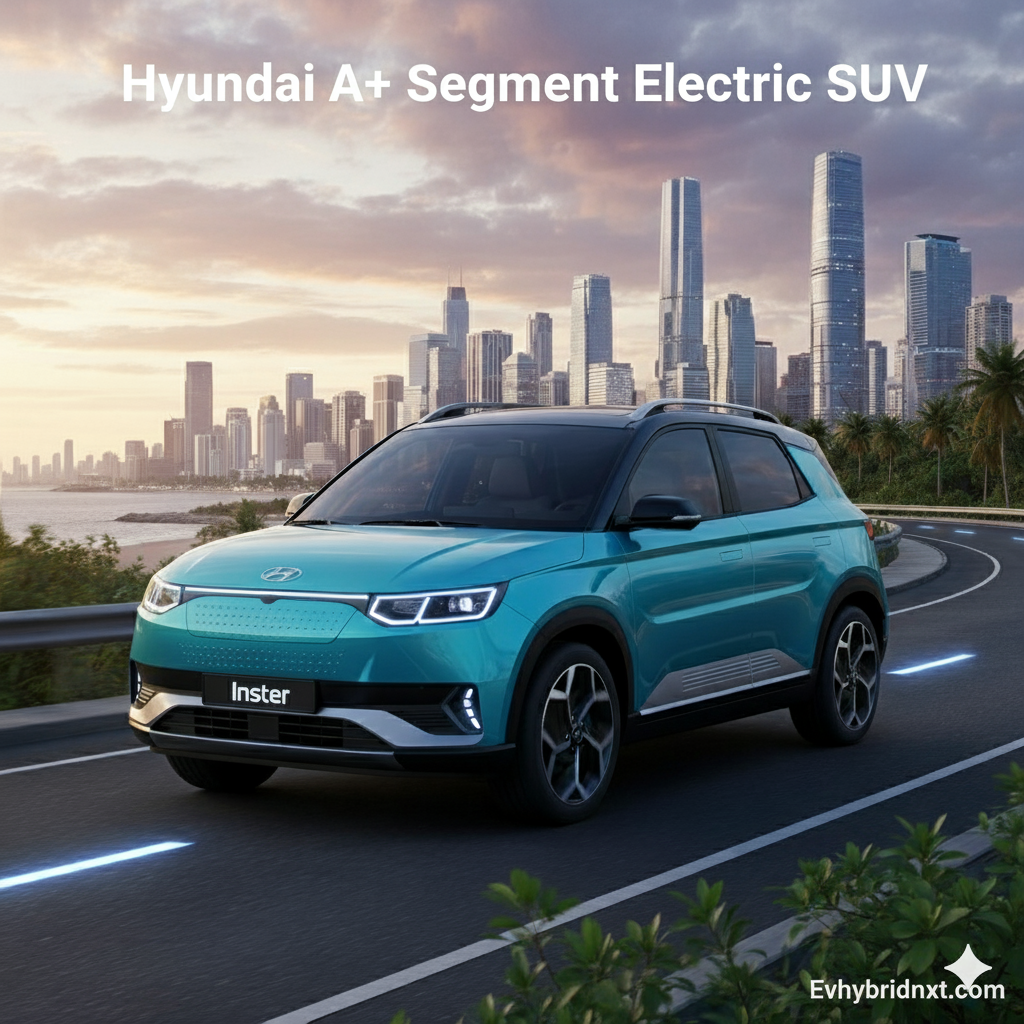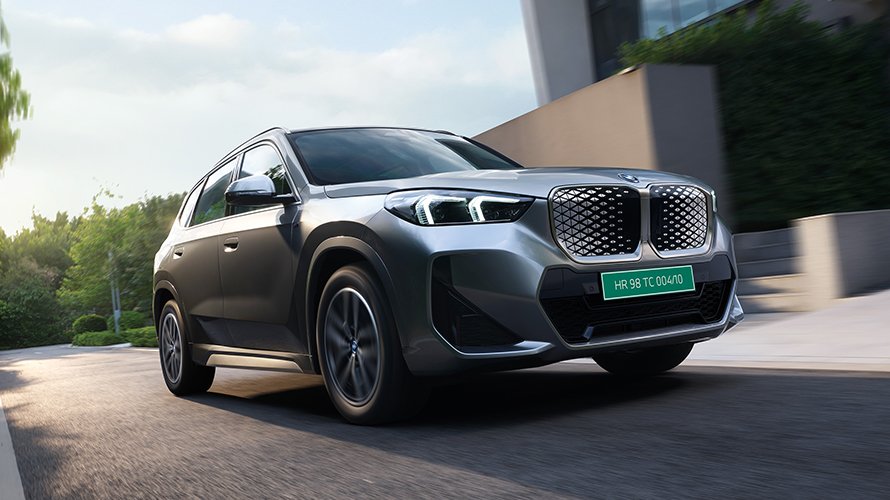The launch of the micro-SUV is part of Hyundai’s broader vision to establish itself as a leader in India’s EV market. Despite the Creta Electric’s lukewarm reception, Hyundai remains committed to electrification, with plans to expand its EV lineup and invest in charging infrastructure and battery technology. The company’s focus on localization aligns with the Indian government’s push for self-reliance under the ‘Make in India’ initiative, which could also qualify the micro-SUV for government incentives, further enhancing its affordability.
A Strategic Push into India’s EV Landscape
Hyundai has been a key player in the global EV space, having introduced three dedicated electric models between 2021 and 2024: the Ioniq 5, Ioniq 6, and Ioniq 9. Building on this foundation, the company is now focusing on regional models to solidify its position in key markets worldwide. In China, Hyundai will launch the Elexio later in 2025, followed by a China-specific Elantra-segment sedan in 2026. In Europe, the Ioniq 3 is slated for release next year. For India, Hyundai’s roadmap includes the newly launched Creta Electric in January 2025, though it has faced challenges in gaining market traction.
The upcoming A+ segment micro-SUV, reportedly codenamed the ‘HE1i EV,’ is designed from the ground up as an electric vehicle, marking a significant step in Hyundai’s India-specific EV strategy. Unlike the Creta Electric, which adapts an existing platform, this micro-SUV will be purpose-built for electric propulsion, promising optimized performance, efficiency, and affordability.
Aiming for Localization and Affordability
At the 2025 CEO Investor Day, Hyundai’s CEO José Muñoz emphasized the company’s commitment to India, stating, “In India, we’re proud to launch the country’s first EV designed specifically for Indian drivers with a localized supply chain.” This focus on localization is a key differentiator, as it will help Hyundai keep production costs low and offer the micro-SUV at a starting price of around ₹10 lakh, making it one of the most affordable electric SUVs in India. By leveraging a localized supply chain, Hyundai aims to reduce dependency on imported components, ensuring competitive pricing and faster delivery timelines.
The micro-SUV will directly challenge the Tata Punch.ev, which has carved a niche in the compact electric SUV segment. With its compact dimensions, rugged styling, and electric powertrain, Hyundai’s new model is expected to appeal to urban buyers seeking an affordable, practical, and eco-friendly vehicle for city commutes and short highway trips.
Why the Delay to 2027?
Initial reports suggested that Hyundai planned to launch the A+ segment EV in the second half of 2026. However, the timeline has been pushed to 2027, likely due to weakening global demand for EVs and the need for further refinement to meet Indian market expectations. This delay reflects Hyundai’s cautious approach to ensure the product aligns perfectly with consumer needs and market dynamics.
What to Expect from the Hyundai Micro-SUV EV
While specific details about the HE1i EV remain under wraps, here’s what we can anticipate based on Hyundai’s EV expertise and the A+ segment’s requirements:
- Compact Yet Practical Design: The micro-SUV will likely feature a bold, urban-friendly design with compact dimensions, making it ideal for navigating India’s crowded cities while offering sufficient cabin space and cargo capacity.
- Efficient Electric Powertrain: Expect a single-motor setup optimized for efficiency, delivering a range of approximately 300–350 km on a single charge, suitable for daily commutes and occasional longer trips.
- Affordable Pricing: With a starting price of around ₹10 lakh, the micro-SUV will be positioned as an accessible entry point into Hyundai’s EV lineup, competing directly with the Tata Punch.ev and potentially undercutting pricier rivals.
- Advanced Features: Hyundai is known for packing its vehicles with modern tech. The micro-SUV could include a touchscreen infotainment system with smartphone connectivity, regenerative braking, multiple driving modes, and advanced safety features like ADAS (Advanced Driver Assistance Systems).
- Localized Production: By leveraging a localized supply chain, Hyundai aims to ensure cost efficiency and scalability, potentially making the micro-SUV a high-volume model in its EV portfolio.
Hyundai’s Broader EV Strategy in India
The launch of the micro-SUV is part of Hyundai’s broader vision to establish itself as a leader in India’s EV market. Despite the Creta Electric’s lukewarm reception, Hyundai remains committed to electrification, with plans to expand its EV lineup and invest in charging infrastructure and battery technology. The company’s focus on localization aligns with the Indian government’s push for self-reliance under the ‘Make in India’ initiative, which could also qualify the micro-SUV for government incentives, further enhancing its affordability.
Why This Launch Matters
India’s electric vehicle market is growing rapidly, driven by rising fuel costs, environmental concerns, and supportive government policies. However, the lack of affordable EVs remains a barrier to mass adoption. Hyundai’s A+ segment micro-SUV, with its competitive pricing and localized production, could bridge this gap, making electric mobility accessible to a wider audience. By taking on the Tata Punch.ev, Hyundai is positioning itself to capture a significant share of the entry-level EV market, which is critical for long-term growth in India.
Looking Ahead
Hyundai’s announcement underscores its commitment to tailoring EVs for specific markets, with India being a key focus. The 2027 launch of the A+ segment micro-SUV is set to be a game-changer, combining affordability, localization, and Hyundai’s signature quality to challenge competitors and appeal to cost-conscious Indian buyers. As the EV landscape evolves, Hyundai’s strategic investments and innovative approach could solidify its position as a frontrunner in India’s electric mobility revolution.



